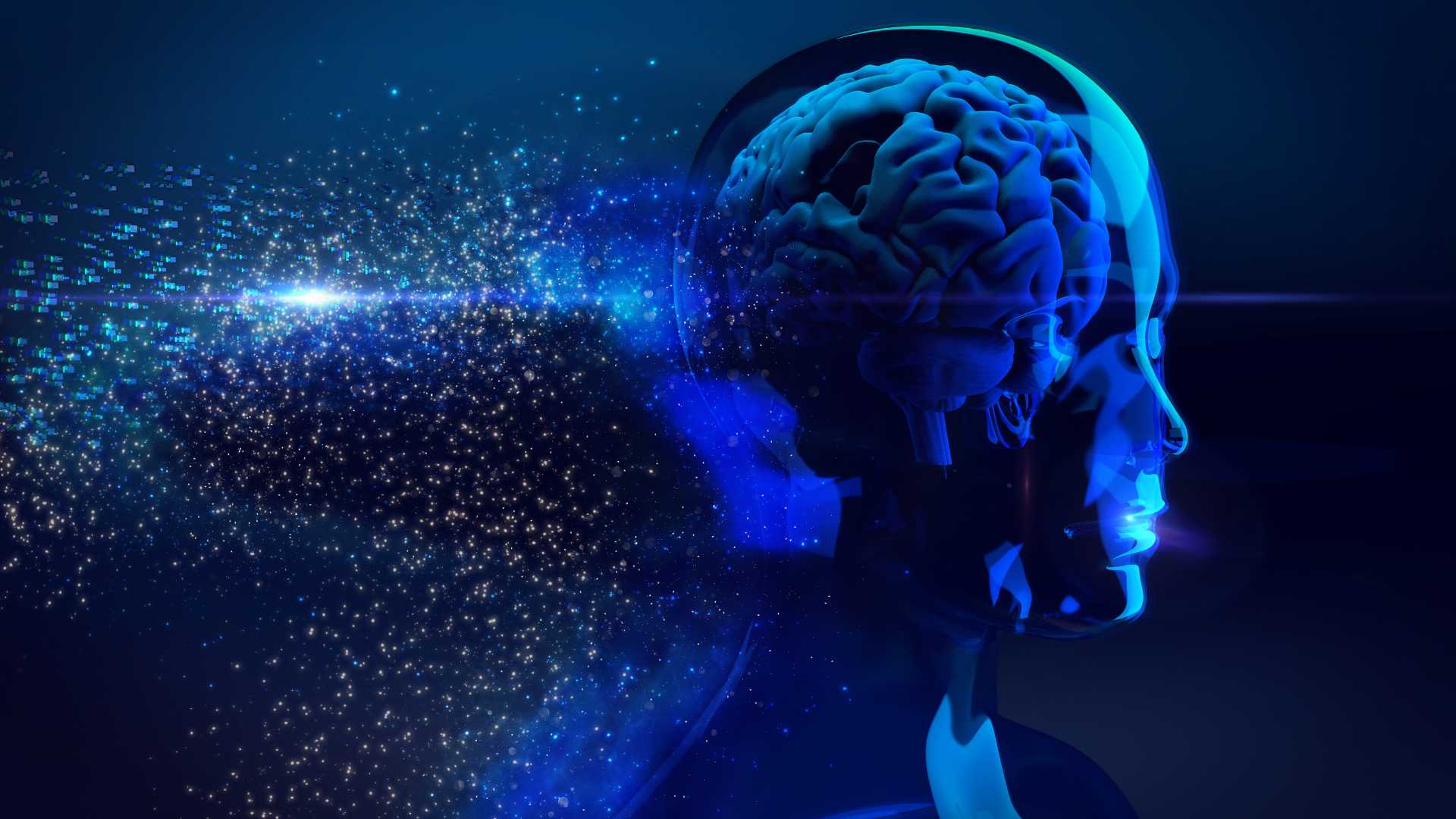Father of Artificial Intelligence
As an expert in the field of artificial intelligence, I delve into the origins of this groundbreaking technology. When we talk about the father of artificial intelligence, one name that stands out is John McCarthy. He is credited with coining the term artificial intelligence back in 1956 at the Dartmouth Conference.
McCarthy’s contributions to AI go beyond just terminology. His work laid the foundation for modern AI research and development. Through his pioneering efforts, he not only shaped the way we perceive artificial intelligence but also set the stage for advancements in machine learning, robotics, and natural language processing.
Reflecting on McCarthy’s legacy, it is clear that his visionary ideas have had a lasting impact on the field of artificial intelligence. From humble beginnings to shaping a technological revolution, his role as the father of AI remains undisputed in shaping how we interact with technology today.
The Legacy of Alan Turing
Alan Turing, often regarded as the FATHER OF ARTIFICIAL INTELLIGENCE, left behind a lasting impact on the world of computing and beyond. His groundbreaking work laid the foundation for modern AI technologies and computational theory. TURING’S LEGACY can be seen in various aspects of our daily lives, from voice assistants to self-driving cars.
Turing’s most notable contribution is his concept of the TURING MACHINE, a theoretical device that led to the development of modern computers. By formulating the idea of a universal machine capable of performing any computation, he revolutionized the way we think about computing. This visionary approach continues to shape the field of artificial intelligence today.
One cannot discuss Turing’s legacy without mentioning his pivotal role in CRACKING THE ENIGMA CODE during World War II. His efforts at Bletchley Park not only helped shorten the war but also saved countless lives. This demonstration of his cryptographic genius solidified his place in history and showcased the power of mathematics in solving real-world problems.
Beyond his technical achievements, Turing’s personal struggles and tragic end have sparked conversations about discrimination and acceptance. His unjust persecution for his sexuality serves as a stark reminder of societal prejudices. In honoring Turing’s memory, we not only celebrate his intellectual prowess but also strive for a more inclusive and compassionate world.
As we reflect on THE LEGACY OF ALAN TURING, it becomes evident that his contributions transcend mere technological advancements. He was a pioneer whose ideas continue to inspire generations of scientists, engineers, and thinkers worldwide. By recognizing Turing’s enduring influence, we pay tribute to a remarkable mind whose legacy will endure for years to come.
John McCarthy’s Defining Contributions
When delving into the realm of artificial intelligence, it’s impossible not to mention John McCarthy, often referred to as the father of artificial intelligence. His groundbreaking work revolutionized the field and laid the foundation for modern AI technologies. One of his most notable contributions was the creation of LISP (List Processing), a programming language specifically designed for AI research.
In addition to LISP, McCarthy introduced the concept of time-sharing systems, which allowed multiple users to access a computer simultaneously. This innovation was pivotal in advancing AI research by providing researchers with greater computing power and resources. Moreover, he proposed the idea of AI as a science, emphasizing the importance of rigorous experimentation and theoretical frameworks in developing intelligent machines.
McCarthy’s legacy extends beyond technological advancements; he also played a significant role in shaping AI ethics. He advocated for responsible AI development and raised ethical concerns regarding the potential societal impacts of artificial intelligence. His foresight paved the way for ongoing discussions on AI ethics and continues to influence policies aimed at ensuring that AI technology is developed and used ethically.
Overall, John McCarthy’s pioneering work in artificial intelligence has had a profound impact on the field, setting standards for future generations of researchers and shaping the trajectory of AI development. His contributions continue to inspire innovation and critical thinking within the realm of artificial intelligence, solidifying his position as one of the most influential figures in the history of AI.
